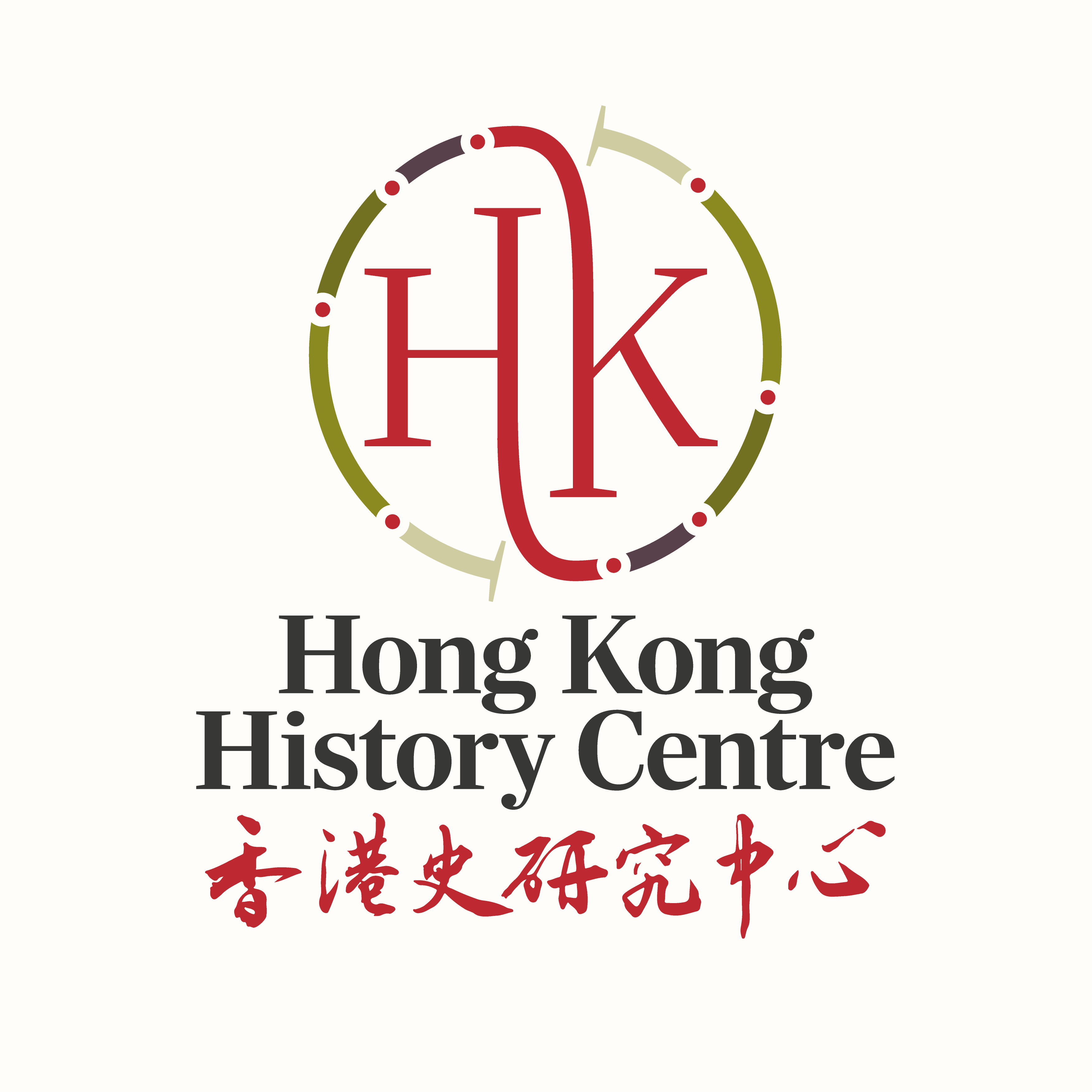
Loretta Lou is a sociocultural anthropologist with an interest in environment, health, and science, technology & society (STS) studies. She has recently received her DPhil in Anthropology from the University of Oxford, where she now works as a Postdoctoral Researcher …
21/09/17
 Nele Fabian is a PhD candidate in Chinese History at Ruhr-Universität Bochum, Faculty of East Asian Studies, in Germany with a thesis on the “Social and Cultural Dimensions of Waste Treatment in Chinese Cities in the Nineteenth and Twentieth Centuries”. …
Nele Fabian is a PhD candidate in Chinese History at Ruhr-Universität Bochum, Faculty of East Asian Studies, in Germany with a thesis on the “Social and Cultural Dimensions of Waste Treatment in Chinese Cities in the Nineteenth and Twentieth Centuries”. …
Loretta Lou is a sociocultural anthropologist with an interest in environment, health, and science, technology & society (STS) studies. She has recently received her DPhil in Anthropology from the University of Oxford, where she now works as a Postdoctoral Researcher …
21/09/17 Nele Fabian is a PhD candidate in Chinese History at Ruhr-Universität Bochum, Faculty of East Asian Studies, in Germany with a thesis on the “Social and Cultural Dimensions of Waste Treatment in Chinese Cities in the Nineteenth and Twentieth Centuries”. …
Nele Fabian is a PhD candidate in Chinese History at Ruhr-Universität Bochum, Faculty of East Asian Studies, in Germany with a thesis on the “Social and Cultural Dimensions of Waste Treatment in Chinese Cities in the Nineteenth and Twentieth Centuries”. …